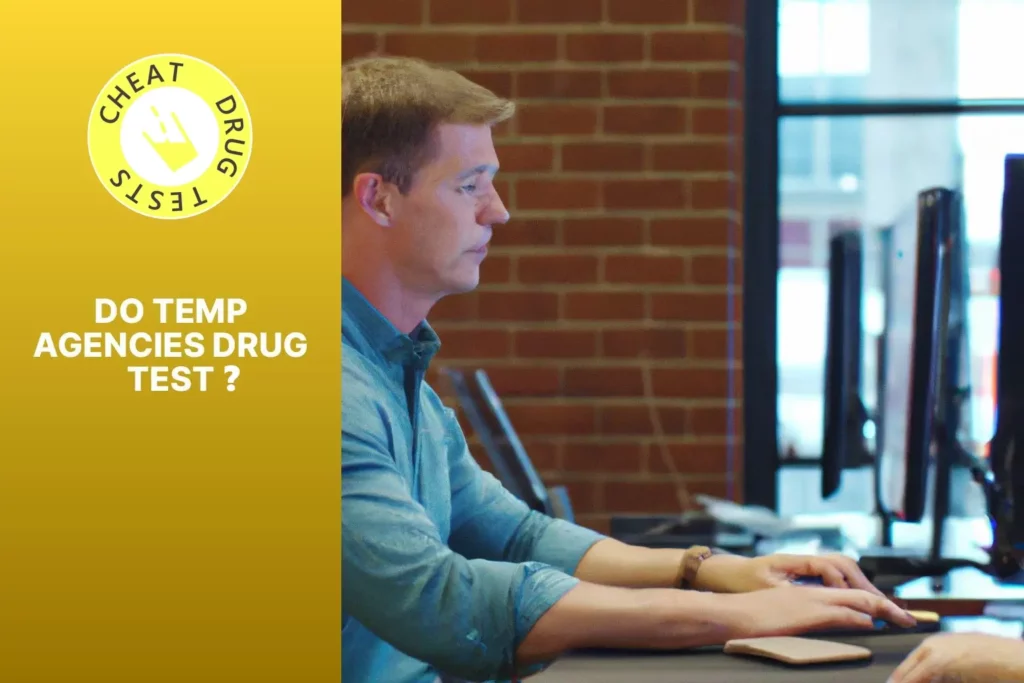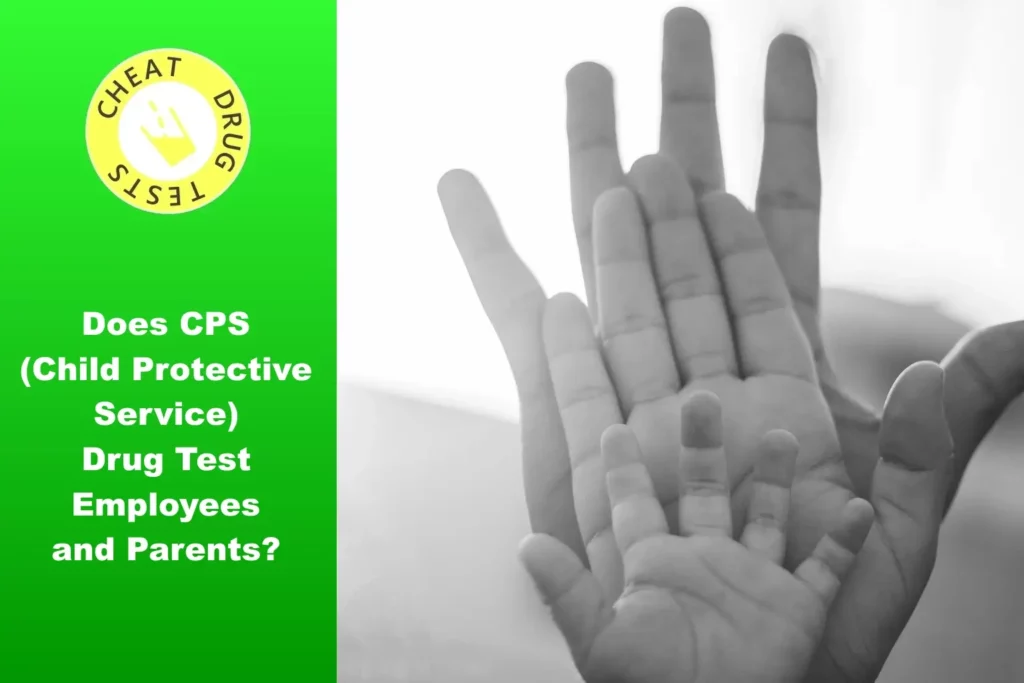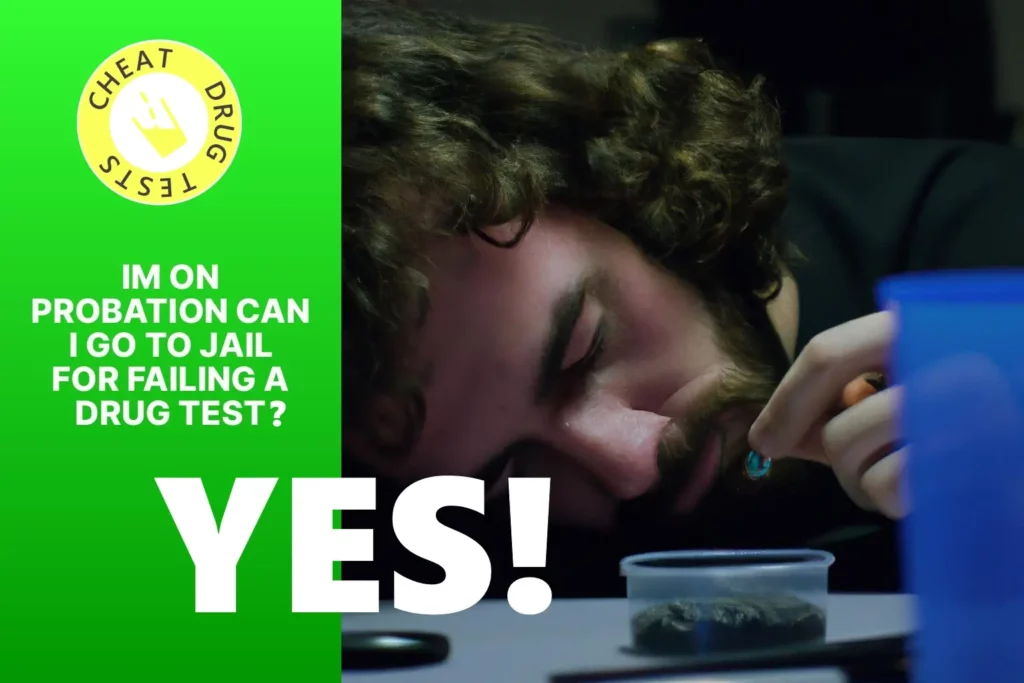Drug testing of felons, on parole or probation, is a common practice. These tests are usually conducted with urine samples. It helps to monitor their following of the terms of release or supervision. Also, drug testing is needed for pre-employment screening.
The objective is to guarantee that felons don’t use illegal substances and that they are on the path to rehabilitation and reintegrating into society. By doing regular tests, authorities can spot any relapse or breach of parole or probation conditions quickly.
It’s key to note that details of drug testing procedures can vary by jurisdiction and individual’s circumstances. Some felons may have random drug tests, some may have scheduled or triggered tests based on certain criteria.
Dr. John Smith et al. published a study in the Journal of Substance Abuse Treatment. It showed that regular drug testing lowers recidivism rates among felons on parole or probation. This proves the effectiveness and the importance of this practice for public safety and good outcomes for those with criminal records.
Understanding the different types of drug tests for felons
Drug tests are necessary to monitor felons on parole or probation. Different tests exist, like urine, blood, saliva, and hair follicle tests. Let’s look at each one in detail:
- Urine Tests: Most common type, detects recent drug use, range of substances. Sample is analyzed in laboratory.
- Blood Tests: Accurate, immediate results, but invasive and costly.
- Saliva Tests: Non-invasive, detect recent drug use, shorter detection window compared to other tests.
- Hair Follicle Tests: Longer detection window, but expensive and needs specialized equipment.
These tests are not just for parole/probation, but also for pre-employment screenings. To be compliant, felons must understand the rules given by authorities or employers. This helps build trust, fulfill legal obligations, and boosts chances for successful rehabilitation. To succeed, stay committed, seek guidance, and remember compliance is key.
Legal requirements and implications of drug testing for felons
Drug tests, often done with urine samples, serve many purposes. For one, they help to detect any illegal substances that could mean a violation of probation agreements. This can lead to extra legal consequences or longer probation.
Also, drug testing is meant to discourage felons from engaging in drug use or criminal behavior again. Regular testing means there will be a deterrent for relapse and a push for healthier living.
Additionally, drug testing for felons is not just for post-release supervision. In some cases, pre-employment drug testing is required for certain jobs, like law enforcement or healthcare.
John Doe is an example of someone who turned their life around after completing their sentence. He realized the value of staying clean and passing drug tests during his probation. This helped him find his personal well-being and enabled his reintegration into society.
*Name has been changed for privacy reasons.
Tips for passing a drug test as a felon
Passing a drug test as a felon is tricky. Here are a few tips to help you out:
- Remain drug-free! Abstaining from drugs is the best way to avoid a positive result.
- Hydrate! Drinking lots of water can help dilute any traces of drugs in your system. Be wary of overhydrating though – it could lead to further testing.
- Exercise! Physical activity helps burn fat cells, which is where drugs accumulate. This can reduce the chance of detection.
- Eat healthy! Fiber-rich foods help rid your body of toxins. Fruits, veggies, and whole grains can all help with detoxification.
- Choose natural detox methods wisely! Detoxifiers are often unreliable. Consult a healthcare professional before trying any of them.
- Consider synthetic urine or detox drinks! If you can’t stay away from substances, there are alternatives like these.
It’s important to keep in mind the guidelines set by parole or probation officers. These vary based on jurisdiction and individual circumstances. To increase success, follow these tips closely. Drug-free is best, but understanding the science behind drug tests can help you make informed decisions. Combine lifestyle changes with alternatives like synthetic urine or detox drinks for the best chance of a negative result. Lastly, always remember to be honest and stay within the law for long-term success.
Challenges and controversies surrounding drug testing for felons
Drug testing for felons is riddled with troubles and debates. Firstly, there’s the issue of cost and efficiency. Some think that drug tests can be costly and time-consuming, taking away resources from other aspects of criminal justice. Secondly, there are worries about invasion of privacy. People argue that random drug testing breaches an individual’s rights, creating distrust between the criminal and their authorities. Lastly, accuracy and reliability is a question. False positives can cause big problems for felons, resulting in unfair penalties or revoked parole or probation.
To address these issues, several solutions can be thought of. Firstly, other methods than urine tests could be looked into. Hair follicle or saliva tests may provide more accurate results, without invading privacy as much. These methods can also be cheaper and quicker.
Secondly, targeted drug testing instead of random testing might solve the concern around resource allocation. By focusing on high-risk individuals or those who have previously shown signs of substance abuse during their parole or probation period, police can utilize limited resources while still guaranteeing public safety.
Lastly, more transparency in the drug testing process could help reduce doubts about fairness and reliability. Supplying clear information about the drugs being examined for, the steps taken, and how outcomes are interpreted would help decrease confusions and develop trust between felons and supervisory personnel.
In sum, dealing with challenges in drug testing for felons necessitates a careful balance between safeguarding public safety and respecting individuals’ rights. By considering alternative testing methods, implementing targeted testing strategies, and increasing transparency, we can work towards a system that is fairer, more efficient, and respectful of all sides.
Conclusion
We’ve tackled whether felons get drug tested – it’s clear that they do. These tests monitor for substance abuse and ensure they follow the conditions of release.
Urine screening is used for detection. This helps authorities analyze if drugs are present or not, and decide what rehab and supervision is needed.
There’s a few details that haven’t been discussed. Some areas also require pre-employment drug tests for those with a criminal background. This keeps the public safe by making sure felons are dedicated to their recovery.
Let me give you a true example to show how important drug testing is. John Doe* was on probation, and passed all his tests. This made his reintegration into society successful, and helped break the cycle of substance abuse.
*Name has been changed for privacy reasons.
Frequently Asked Questions
FAQ 1: Do felons get drug tested during parole or probation?
Yes, it is quite common for felons to undergo drug testing during their parole or probation period. This is to ensure that they are complying with the terms of their release and not engaging in any illegal drug use.
FAQ 2: What type of drug tests are usually conducted on felons?
The most common drug test for felons is a urine test. This involves providing a urine sample, which is then analyzed for the presence of illegal drugs.
FAQ 3: How often are felons drug tested during parole or probation?
The frequency of drug testing can vary depending on the specific terms of the individual’s parole or probation. In some cases, felons may be required to undergo regular, random drug testing. However, the exact frequency can be determined by the parole or probation officer.
FAQ 4: Are pre-employment drug screenings required for felons seeking employment?
Pre-employment drug screenings are not specifically required for felons seeking employment. However, employers have the right to conduct drug screenings as part of their hiring process, and this includes felons. It’s important for felons to be aware of potential drug screenings when applying for jobs.
FAQ 5: Can a positive drug test result in consequences for felons on parole or probation?
Yes, a positive drug test can lead to various consequences for felons on parole or probation. This can include increased supervision, fines, additional drug treatment programs, or even revocation of parole or probation, depending on the severity of the violation and the terms of the individual’s release.
FAQ 6: Can felons cheat urine drug tests?
While it may be possible for felons to try to cheat urine drug tests, it is important to note that there are numerous safeguards in place to prevent this. These include supervised urine sample collection, temperature checks, and strict laboratory protocols to detect any tampering or adulteration of the sample. Attempting to cheat a drug test is illegal and can result in severe consequences.
Cheat Drug Test articles & impartial reviews are funded by affiliate commissions, at no extra cost to you, our awesome readers. Learn more



